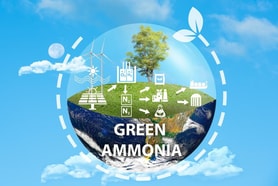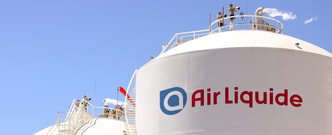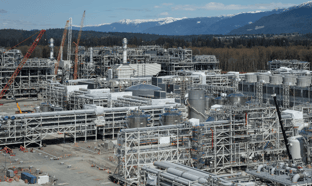Hydrogen generation of aircraft ahead
Superconducting motors fuelled by liquid hydrogen could be the propellant for a whole new generation of all-electric aircraft, according to research funded by NASA and the US Department of Defence.
Researchers who carried out the study suggest that this method of propulsion would be quieter, more efficient and controllable, less polluting, cheaper and easier to maintain than today’s jet aircraft, while the liquid hydrogen could also be used to cool the motors down to the cryogenic temperatures needed to achieve superconductivity.
$quot;We could potentially build a superconducting motor and generator smaller than a gas turbine,$quot; predicts Phillipe Masson, team leader and of Florida State University (FSU). $quot;The idea is to reduce the emissions from the aircraft and airports,$quot; he adds, suggesting that the necessary hydrogen could be generated by solar or wind powered plants. The all-electric craft would also eliminate the need for hydraulic actuators, and their heavy maintenance demands.
For several years, Masson and Cesar Luongo from FSU have been working with Gerald Brown from NASA and Danielle Soban from the Georgia Institute of Technology, to examine the feasibility of all-electric aircraft as a way of cutting both emissions and noise levels. They have now published a report on their findings so far in the Institute of Physics’ journal, Superconductor Science and technology.
... to continue reading you must be subscribed










